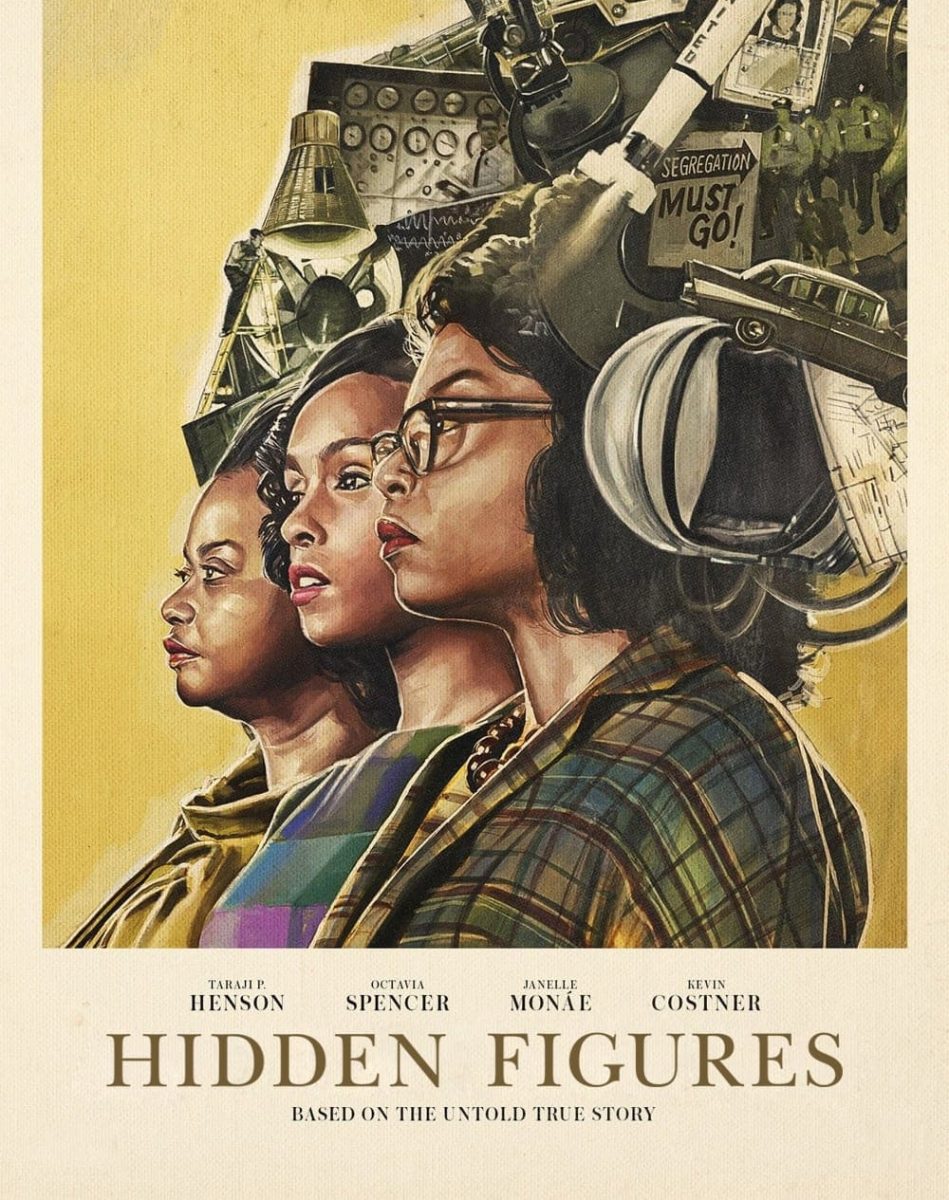The story of Elvis Perkins never fails to elicit a modicum of shocked sadness. The progeny of famous parents, it may seem distasteful to make this connection instantly.
However, it would be even more distasteful to disengage any memory of his tortured personal history when speaking of his music, rife as it is with surreal imagery culled from a memory bank oft-cluttered by grief.
His father was Anthony Perkins, an actor well known for his performance as Norman Bates in Hitchcock’s “Psycho,” but not for his jazz/lounge/pop albums (even one in French), his work on Broadway in plays ranging from intense drama like “Look Homeward,” “Angel” and “Equus” to musicals such as “Greenwillow” and “Damn Yankees,” or even his work as a screenwriter.
Anthony Perkins died from AIDS-related pneumonia on Tuesday Sept. 12, 1992.
Elvis Perkins’ mother was Berinthia “Berry” Berenson, a highly sought-after photographer, the granddaughter of legendary fashion designer Elsa Schiaparelli, the former protege of Halston and Andy Warhol, and a highly sought-after photographer.
Perkins lost his mother when American Airlines Flight #11 flew into the World Trade Center towers on Tuesday Sept. 11, 2001, just one day before the anniversary of his father’s death.
Though tragedy may have inspired Perkins, there is an identifiable current of jaunty hopefulness in his music.
It is a rare gift to be able to palpably translate personal traumas into art that uplifts; a gift that very few musicians possess.
Sadly, his first album, “Ash Wednesday,” was so emotionally naked that it frightened big-time music critics (notoriously afraid of anything that refuses to allow them an escape from deep contemplation and complained about the focus on themes such as death) and sank into obscurity.
The nakedness of his songs captivate instantly in the same way that Joni Mitchell’s “Blue” still does. Each subsequent listen reveals hidden jewels of construction as these synaptic aural snapshots come into clearer focus.
Its the kind of album whose bottomless depths and astounding highs can only sharpen with time.
His live shows have created quite a stir since long before XL Records signed him. Performed with his virtuosic band Elvis Perkins in Dearland, the shows, like the intimate in-store event at M-Theory this past weekend, cast en enveloping net of ferocious energy and spontaneity over the audience whether in a crowded music store or an official venue like West Hollywood’s Troubadour.
Nothing is ever straight on. Every performance is different because it is lived in the moment. It is equally rare for a band to never betray a hint of generic rehearsed phrasing.
There is always a surprising twist in the vocals or the instrumentation that catches the songs’ lyrical and melodic progressions in unexpected ways, followed by the band’s invitation to the crowd to join in during the chorus.
There is a feeling of genuine belief in the words and chords of these songs, as opposed to musicians merely memorizing them, and the tangible joy of performing ignites them so much that the audience cannot fail to feel that warmth.
It is equally impressive that the ban retained this spirit within the confines of one corner of M-Theory Music while managing a harmonium, a saxophone, trombone, cymbals, marching band drum, upright bass, acoustic and electric guitars, as well as the accoutrement of literal bells and whistles.
The still-fresh tragedies coalescing in the dream-like lyrics that paint
a canvas of fires, waking life, airplanes and whimsical fantasy on “Ash Wednesday” give way to imagery composed of lovers armed with cross-bows, foliage sprouting from rubble and debris, country settings with mills, honey and hay, on Elvis Perkins in Dearland’s self-titled recording debut as a group.
The first album’s eclectic instrumentation, all recorded in Perkins’ home, created a world where heartache and healing came to life in a whir of glockenspiel, beer-bottle organ, musical saw, harmonium, electric and acoustic guitars, tympanies, xylophones, horns and fiddles.
These give way to a similarly but slightly less varied compendium on the sophomore effort, replacing some of the variety with heavier brass.
The expressed intent was to capture the spirit of their live performances, which EPID successfully translates to tape as a result of these choices.
The album crafts a sonic New Orleans speakeasy scene, filled with renegade musicians from the bluesy jazz of a funeral Big Easy caravan band’s march. The noise-making bric-a-brac is still present to create the jungle environment that begins the organ and drum fueled opener “Shampoo.”
The marching band drum, so energetically employed by jack-of-all-trades percussionist Nick Kinsey that he literally bounces as if walking on hot coals in their live performances, makes several appearances on the album, brilliantly so in the two crowd favorites, “Hey” and “Doomsday,” that carried over from stage to record.
Trombones and horns perfectly augment the sad refrains of the album’s lovelorn closer “How’s Forever Been, Baby?” and thrillingly elevate the Dylan-esque “Send My Fond Regards to Lonelyville,” as ell as the aforementioned “Hey” and “Doomsday.”
The dirty electric guitar blues of “I’ll Be Arriving” is a striking change of pace of the band, while songs like “123 Goodbye” and “Hours Last Stand” harken back to the fine balladry that comes so naturally to Perkins.
As in his first album, the variety of instruments that could easily have resulted in stylistic overkill, instead come off as meticulously honed as a homespun treasure, each instrument subtly embroidered into every small detail of a painstakingly hand-wrought tapestry.
The flourishes of these instruments flesh out the emotions in wholly autonomous fashion, as if the music truly were an organic extension of the musicians themselves.
Despite the litany of musical influences on the band, from Dylan (an association assisted by his simultaneous playing of harmonica and guitar when not singing) to Nick Drake, Tom Waits and Neutral Milk Hotel, none are sufficient to describe EPID. No other artist’s music has this sound.
Above all, there is the simultaneous ardor and tender ache of Perkins voice, just as impressive live as in the studio, full of gentle falsettos and earnest fever pitch, the cracks of his voice is genuine because these words truly mean something to him.
The work stands on its own, independent of Perkins’ life story. But knowing that story changes how one perceives lines like “In all of my wildest dreams/it never once was seen/that Doomsday would fall anywhere near/a Tuesday.”
Yet, instead of wallowing in the mire, Perkins reminds us on “I Heard Your Voice in Dresden” that “some have said/our love is lost/But I swear I know my way/from here.”
The true miracle of Elvis Perkins in Dearland is how optimism sprouts through the “rubble and debris” of despair.




